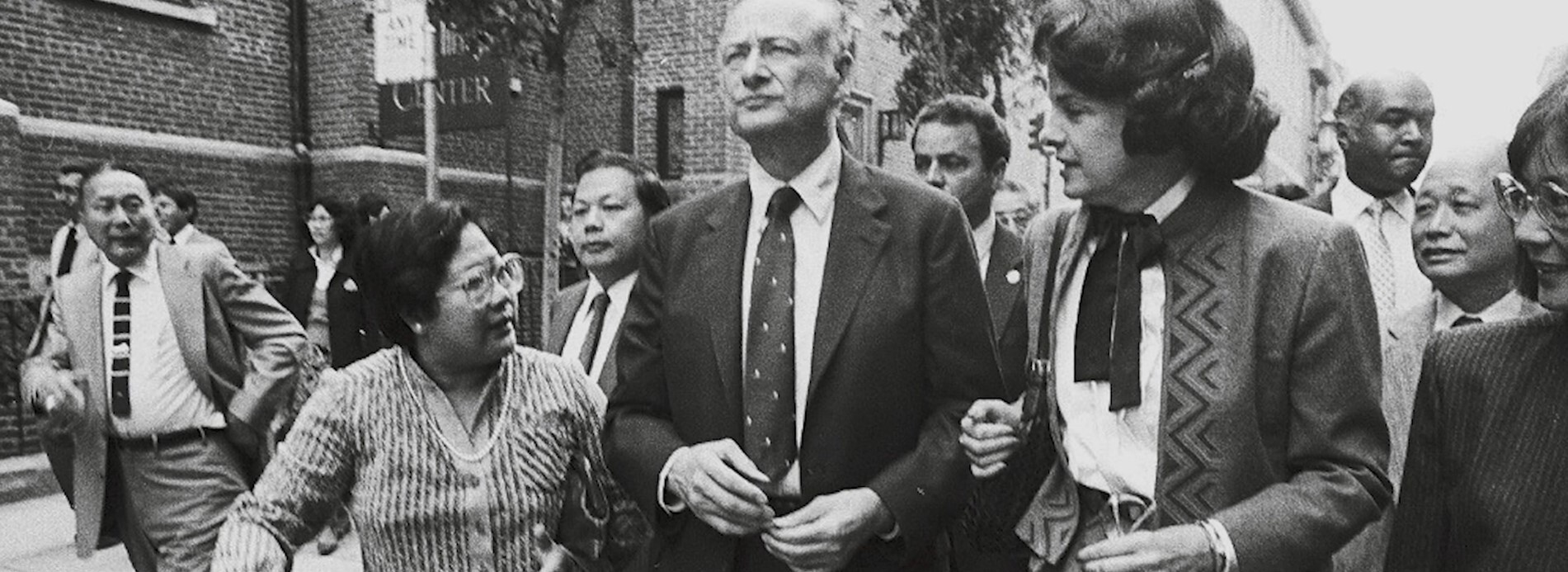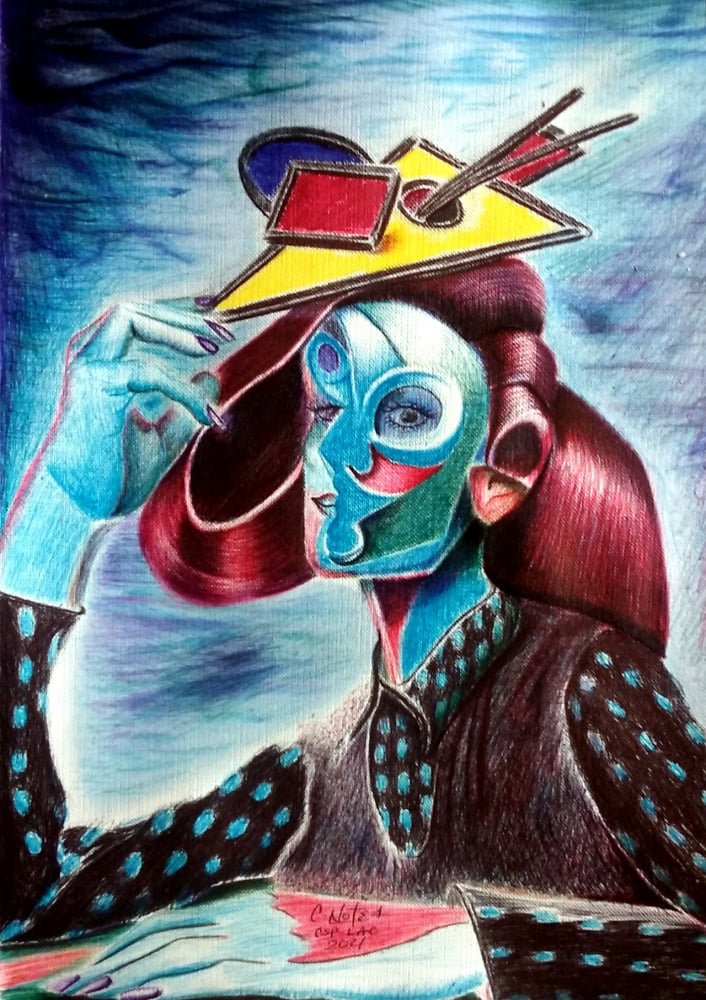They even begin the movie with accusations that she was an operative of the Chinese Communist Party. That’s gutsy. Showing Pak in an honest way, warts and all, was by design, the film’s director Rooth Tang told KQED.
“Part of Rose’s story, I think, is a universal one, is that change is messy,” Tang said. Even in a city that’s dominated by Democrats, change takes a fight and “it’s not going to be simple or clean,” he said.
But showing Pak’s imperfections had another importance, Tang said, because the Asian American community, in his experience, struggles with the concept of “How much should you do to fit in?”
“That’s another thing I really admired about Rose,” he said. “She didn’t worry about fitting in, ever. It was more of, ‘Hey i’m here. You guys got to make room.’”
Pak exemplified that even when faced with racism early on in her tenure at the San Francisco Chronicle. She tells the tale in an old interview unearthed for the film.
“They think, you hired a Chinese, so we’ve covered all our Asians. That’s the mentality they had. They always asked me, ‘Rose, you tell us, what is the difference between the Koreans, the Chinese, and the Japanese?’ I was so fed up,” she said.

“I said ‘guys, you listen once and for all.’ And they all kept quiet. ‘Just remember, the Koreans, their eyes slant down.’ And you can see all their faces trying to remember ‘Koreans eyes slant down.’ ‘And the Japanese, their eyes slant up.’ And then they’re all thinking, ‘right?’ ‘And the Chinese, one go each way.’ And then I just left. It was so insulting, you know, but that was the mentality.”
The mechanics of how she achieved these feats is showcased in the film, but in a soft critique, one has to read between the lines a bit to see how her wins were truly achieved.
Standing in the theater just after the film, Jane Kim, a former protégé of Pak’s, and now director of the state Working Families Party, spelled out Pak’s power a bit more directly.
“When you think of a power broker, you think of someone who’s wielding that power, at least a little bit, for them themselves,” Kim said. “And part of Rose’s power was actually that she didn’t want anything, so she never had anything to lose.”
The film reveals this in a particularly touching moment, just after her death, when loved ones gather outside her small apartment next to Chinese Hospital. It’s not the kind of building you’d imagine a true “power broker” to live in — a far cry from the tony neighborhoods some San Francisco politicos call home.
“I do think that was part of why she was so difficult to take down,” Kim said. “There was nothing to take away from her.”
This post was originally published on this site be sure to check out more of their content.









